Text
“My stand about Plagiarism, Piracy, Bias Media, and the like”.

BIAS MEDIA
I am totally against media bias because they are destroying images of people and covering up the faults of the real villains. They spread false news just for money. I believe that media should be fair and should stop ruining every person’s reputation. I believe that media coverage has major impact on public when it characterises the whole event and provide reliable information about numerous issues such as environment, technology and risk that’s why they should be careful of what they show to the world. Media is considered as a potent source of information and opinion for readers through newspapers, magazines, television, radio and the internet, their news spread automatically fast especially when the news is catchy. Fake news alarms many people like back in 2012 the media announced that it is the end of the world, that was very alarming, well not to religious people. Media bias is a disadvantage for people who lack power like poor people. And it angers me that they don’t have conscience for people who were aggravated.

PLAGIARISM
I thing plagiarism is very wrong not unless you give credits to rightfully owners and if you ask permission from them. It is wrong because those ideas were given lots and lots of efforts by the owner. I admit that I have done this deed in a way that i get ideas and change it a little in school matters because sometimes it’s really tiring to think because having lots of subject were already too much for me. But I feel bad also. And I know it is wrong.

PIRACY
I also disagree with this because they steal works from copyrighted content. A software pirate does not have proper permission from the software owner to take or use the software in question, piracy is the equivalent of theft and is, therefore, a crime. Aside from they are stealing copyrighted content, they might also spread rumors from not trusted source. Piracy negatively affects every single person working in these industries and their supply chains. There is less money to invest in new software, developing music artists, and movies. Most of the people who lost work because of piracy and stolen profits will struggle for the means to support their families.
0 notes
Text
How to be socially responsible in my social networking accounts.

Maintaining a responsible approach to your social media usage allows you to enjoy the best of both worlds. Because of the prominence of social media in everyday life, it provides an opportunity to be kind to others, discover comedy, and create something worthwhile.

Consider who you want to see your online postings before you hit the publish button. However, even if you use high privacy settings, you must accept that everything you write online is never truly private and can be shared with anyone. As a result, it's critical that you think carefully before posting anything.

On social media, not everyone is who they claim to be. There are young individuals and adults out there who will damage you by pretending to be someone they are not. They might, for example, try to con you into disclosing private or personal information that they can use against you. In order to stay safe, you should never meet up with someone you don't know and make sure to inform an adult about your plans. In certain cases, children are deceived into meeting adults who later harm them. This has happened in the real world.

You don't have to be friends with someone forever if you meet them online. Review and purge your contact list on a regular basis, paying particular attention to anyone who promotes negativity or makes you feel bad about yourself. You may prevent anyone from accessing your account on all social media platforms. It's temporary, and they won't know about it. You can also mute someone's postings so they don't realize you're no longer interested in what they have to say. Keep your private information private.
Never give out your personal information, such as phone number, address, bank account number, or any other information that could lead to your passwords, online. Phishing sites and password hackers can piece together your details to access your account or use your id to open a new one. Passwords should be strong, and you should change them frequently. You should also keep them private at all times.
0 notes
Text

What is my favorite gadget?
My favorite gadget is my Cellphone because it can be easily carry around and have multi use. It can be a substitute for camera, a telephone and etc. It is the perfect gadget to stay connected with others and socialize with other users. It also gives us internet facilities and search informations quickly on the internet. Phones are also important because they allow you to store data. Pictures, text and audio can be stored on many mobile phones. This enables you to carry your files around wherever you go, ensuring that you are always with important documents for work or your personal life. Mobile phone is my favorite because as a student it helps us access to tools and apps that can help us complete and stay on top of our class work. These tools can also teach us students to develop better study habits, like time management and organization skills. Nowadays mobiles are even used as a wallet for making payments. Money could be transferred almost instantly to friends, relatives or others by using mobile baking in the smartphone. Also, one can easily access his/her account details and know past transactions. So it saves a lot of time and also hassle-free. But as a user of mobile phone we should be aware that there are disadvantages of using phones Apart from cancer risk, mobile phones influence our nervous system. They may cause headaches, decreased attention, shortness of temper, sleep disorders and depression, mostly among teenagers. Radio waves are not the only reason for such symptoms. So we should use it moderately to be safe and away from possible sickness.
0 notes
Text

The One Direction Magazine are one of the best selling magazines in 2010-2015. The band are very famous all over the country. Their albums’s content are all about the boys in the band and their life. They also put free stickers and also posters. They are all loved by the people because of their music and also their looks and friendship. The magazines are made for their fans. They also advertise their music by releasing books and magazines and other merchandises.

Little things by One Direction
In my interpretation in this music
As the narrator said that "I know you've never loved the crinkles by your eyes when you smile You've never loved your stomach or your thighs The dimples in your back at the bottom of your spine But I'll love them endlessly" this means that the person is insecured, by this stanza tells that the narrator says that it isn't about face or body that is being judged who you love. It's about the attitude of the person. Another stanza noted that "And all those conversations are the secrets that I keep, though it makes no sense to me" This noted to narrator that all of those secrets and promises that person kept, that person doesn't mind because all the narrator saw is the ability of the person who loves him/her has courage of someone to stand up and not keep it as a secret, even though he/she is not perfect. And here at 7th stanza of the song the narrator said that "You never love yourself half as much as I love you you'll never treat yourself right darling but I want you to If I let you know, I'm here for you Maybe you'll love yourself like I love you oh" Narrator speaks that, the person who is in love with him/her does not love who he/she is. The narrators tells that the person who is willing to love him/her doesn't end the same well “If I let you know, I'm here for you maybe you'll love yourself like I love you oh” this tells that the person is in love with him/her, but since the person is insecure and has no ability to stand up, he/she remains for him/herself. As narrator said “Maybe you'll love yourself like I love you” A person who is willing to love him/her doesn't end the same well. The song resembles how the boy really loves the girl with nothing in exchange, just pure love.
One Direction's 'Story of My Life' is their most mature song to date. In addition to its acoustic, 1D and Sons-like neo-folk construction, the song breaks with standard teenybopper lyrical conventions. Instead, it's a grown up song about love that is fading. The music video involves the families of the band. And yes, The visuals affect the music, it's the story of his life that he'll be doing this for anyone that he loves, be it past, present or future.
0 notes
Text
My Media Literacy Gallery Walk, Hi everyone this is my blog relating the media literacy, Im going to share some thoughts and ideas about the media literacy.
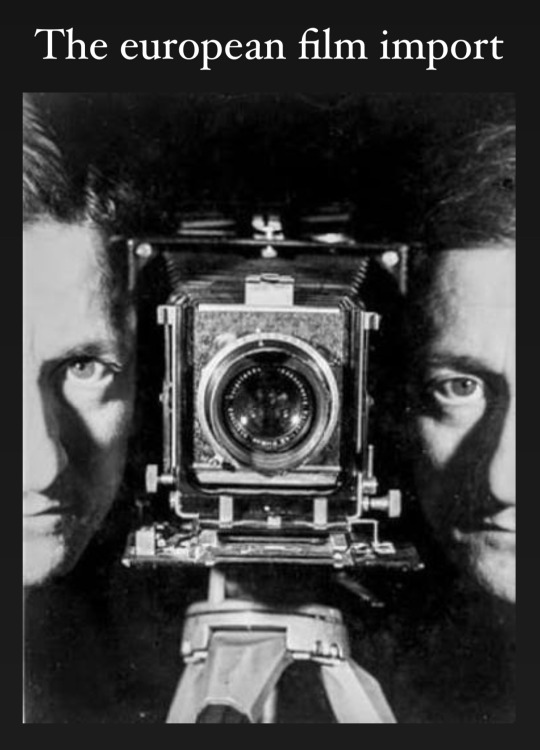
The European film import
In Spanish colonial the lumiere brothers, Auguste and Louis Lumière Invented Cinematographe film camera and projector with the help of Spanish soldier named Carlo Naquera. Naquera flashed several Spanish-language to chosen audiences in 1987 and he run out of short film so he took the cinematographe around town and shot local scenes, which he subsequently displayed as a short documentary. The Imported films from America appeared early in the early theaters in Manila during the 1900’s In American Colonial. The “Dalagang Bukid” was the earliest film that was produced by a filipino who is Jose Nepumuceno, He is the father of the Philippine cinema in 1919. Hermogenes Ilagan who’s a filipino tenor, writer, stage actor, and playwright made a movie adaptation of a popular musical stage play starred by Atang Dela Ramja.
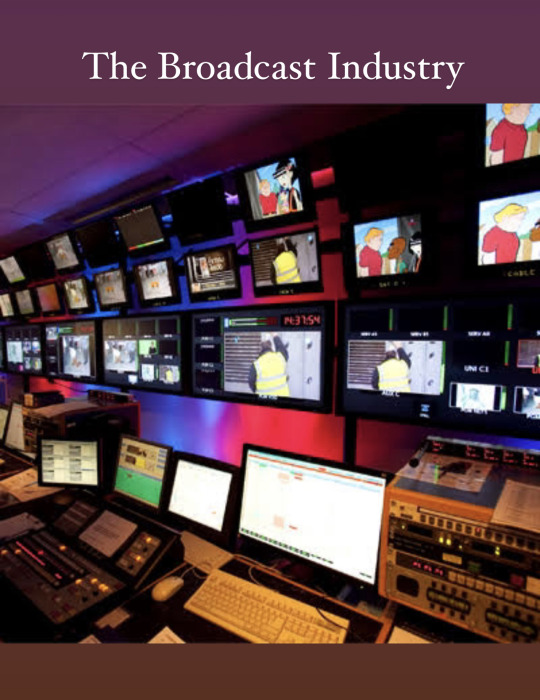
The Broadcast Industry
The broadcasting industry is composed of radio and television stations and networks that helps create content or to obtain the right publication prerecorded television and radio advertising. Broadcasting is to give out or the distribution of audio or video content to dissipate audience via any mass communications but typically use electromagnetic spectrum in a one or to many model. Broadcast signals then move from a station's transmission tower to the antennae of televisions and radios through cable television connections, satellite distribution systems, or the airwaves. The programming can be received by anyone having a radio or television in the signal region.
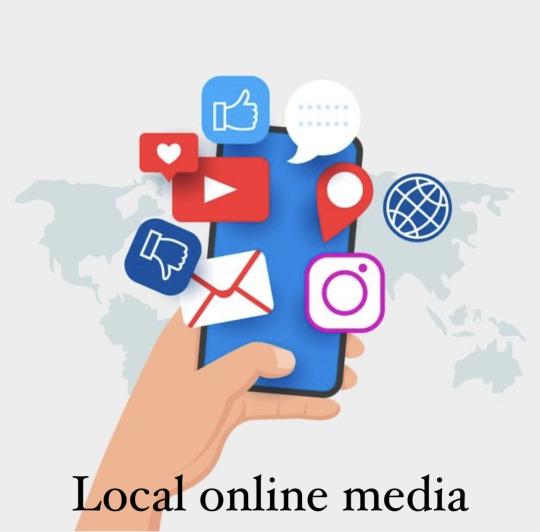
Local online media
Dissemination of Records, Masters, and/or Videos via downloads or streams over the internet, or any other electronic or online form of distribution now known or yet to be discovered or invented, including but not limited to dissemination to mobile phones and other devices, is referred to as online media.
The three classifications of media
Print in media
This is the print medium of communication. Information is disseminated by newspapers, periodicals, books, banners, billboards, flyers, brochures, business cards, and other means.
Broadcast media
The broadcast media refers to the dissemination of digital content like videos, audios, photos, and written content through broadcast channels. This mainly refers to the use of TV, radio, movies, and more offline digital channels.
Online media
The Internet is the lifeblood of online media. It is when content is shared through online platforms in the form of audio, video, and text. They can be shared in different channels that we’ll shed light on later in this article.
Types of Online Media:
Social Networking Sites
online forums
podcast
Media Sharing Networks
Content curation network
Blogging and Publishing Networks
Emails
Consumer review networks
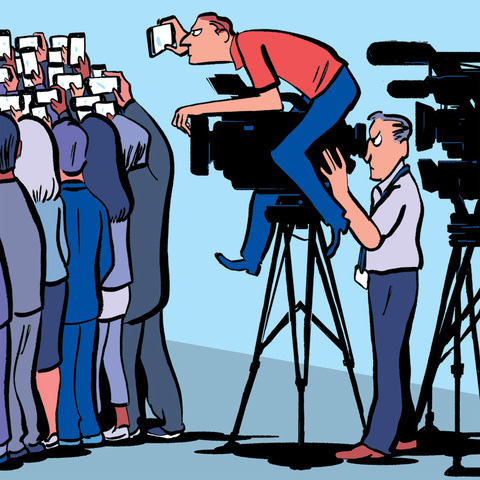
The State of Media today
The state of media today is a matter of opinion for some, though a recent report from Vocus shows a picture of ongoing decline. The continued loss of jobs in television, radio and print media paints a dire picture of the evolution still required from the aging industry. The debate over folklore versus new media has been raging for a few years now–consumer demands are shifting a significant amount of activity to digital formats giving options for instant gratification when it comes to when, where and how we enjoy our media fulfillment. In the last year, 293 newspapers have gone out of business, with nearly 100 of them closing in the first quarter of 2009. Across major publications, 600 employees were laid off. With 10,000 jobs lost, the radio industry found itself in an even more difficult situation. Over 100 television stations in the United States declared bankruptcy, owing largely to their parent companies filing for Chapter 11. The slowdown effect of this had on the media industry has pushed professionals into the online sector, with Internet-based publications taking the helm towards new ways of thinking. Those displaced employees of various publications and stations have found themselves shifting to a new industry all together or taking up the profession of blogging and similar jobs in order to remain in their familiar line of work.
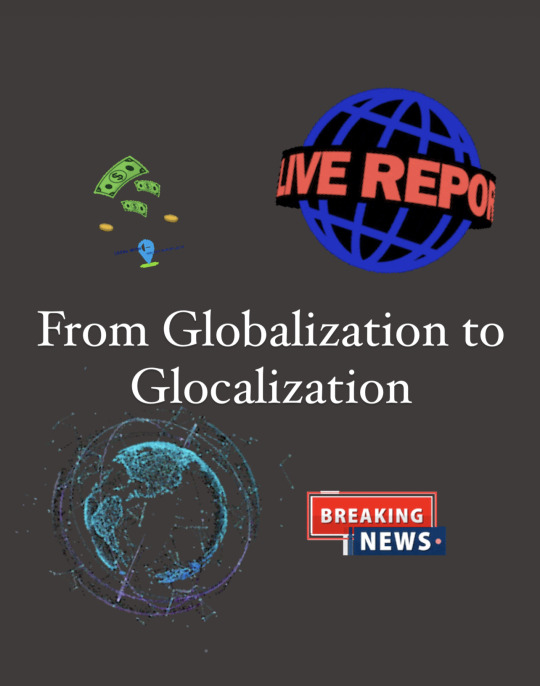
From Globalization to Glocalization
It starts with Globalization that process a company to brings its business to the rest of the world. It gives local businesses wider access to a bigger target market in different cultures. And when glocalization comes which also a product or service that is developed and distributed globally but is is adjusted to accommodate the user or consumer in a local market.
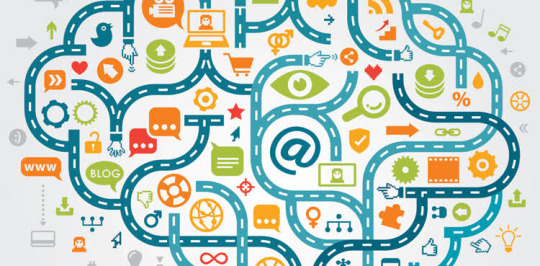
The local landscape
Local Landscape Areas are areas of land and water that are recognised as having. high landscape value. Landscape can be described in terms of the contours of its landforms, and any visible evidence of the geological. processes which shaped it, its geomorphological and geological. Nature sites and areas of countryside can be 'designated', which means they have special status as protected areas because of their natural and cultural importance. Protection means that these places have clear boundaries. have people and laws to make sure that the nature and wildlife are not harmed or destroyed. These elements of design include mass, form, line, texture and color. In the landscape, they are used to transform space and create a unique experience. While color and texture add interest and richness to a design, it is mass, form and line that are critical to organizing space and providing structure.
Media Ownership
Due to the assumption that ownership can have an impact on the contents and practices of journalism, media ownership is of interest in journalism research. The ownership of the news media can take many forms, including state ownership, family ownership, political party ownership, trust ownership, and public or corporate ownership. The main concern with ownership in journalism scholarship is market concentration and monopolization, as well as the unintended consequences for media diversity, public opinion formation, democracy, and journalistic autonomy. The potential financial and political benefits of owning journalistic media are assumed to be ownership motivations throughout the research. Benevolence is rarely assumed, as the problematic aspects of ownership are addressed from both the management and critical political economy perspectives in the research.
Mainstream Media
Mainstream media (MSM) is a term and abbreviation used to refer collectively to the various large mass news media that influence many people, and both reflect and shape prevailing currents of thought. The term is used to contrast with alternative media. Mainstream media, which simply refers to where most Americans get their news, generally included a person’s local newspaper, local TV affiliate, and one of three national broadcast news programs. Nowadays, the media landscape is more complex. It has broadened from traditional news sources (print, TV, and radio) to video, AM/FM radio, podcasts, satellite radio, and social media. It also now includes news producers and aggregators. And as it has expanded, it’s become more fragmented, so that even traditional media can have narrower and narrower audiences.
Alternative and Independent media
Alternative media are media sources that differ from established or dominant types of media (such as mainstream media or mass media) in terms of their content, production, or distribution. While Independent media refers to any media, such as television, newspapers or Internet-based publications, that is free of influence by government or corporate interests. The term has varied applications. Within the United States and other developed countries, it is often used synonymously with alternative media to refer to media that specifically distinguish themselves in relation to the mainstream media. In international development, the term independent media is used in relation to the development of new media outlets, particularly in areas where there is little to no existing media presence.
Community Media
Community media are any form of media that function in service of or by a community. It is the rise of all kinds of alternative, oppositional, participatory and collaborative media practices that have developed in the journalistic context of ‘community media,’ ‘we media,’ ‘citizens media,’ ‘grassroot journalism’ or any radical alternative to on and offline mainstream journalistic practices. In other words, it is having access to or creating local alternatives to mainstream broadcasting, like local community newspapers, radio stations, or magazines. Community Media aids in the process of building citizenship and raising social awareness. “Participation” and “access” are a large aspect in the rise of community media. Those who create media are being encouraged to involve themselves in providing a platform for others to express views. Community media is often given parameters when being defined by groups, but often challenges these boundaries with its broad yet narrow structure.
State-owned Media
State media, state-controlled media, or state-owned media is media for mass communication that is under financial and editorial control of a country's government, directly or indirectly. These news outlets may be the sole media outlet or may exist in competition with corporate and non-corporate media. State media is not to be confused with public broadcasting and public sector media (state-funded), which is funded directly or indirectly by the state or government but over which the state does not have editorial control.
What is your opinion regarding the closure of ABS-CBN? Do you agree or disagree with the congress decision? Explain your answer.
I agree because ABS-CBS abused the freedom of press, they’re using their company for their own self interest. And it came to the point that they’ve became a power player in philippine politics. They took advantage in giving government positions to those people who are under their power.
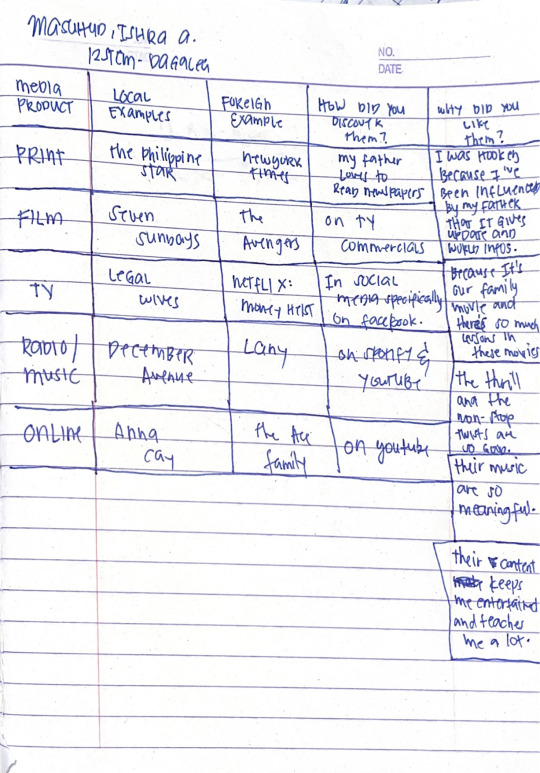
1 note
·
View note